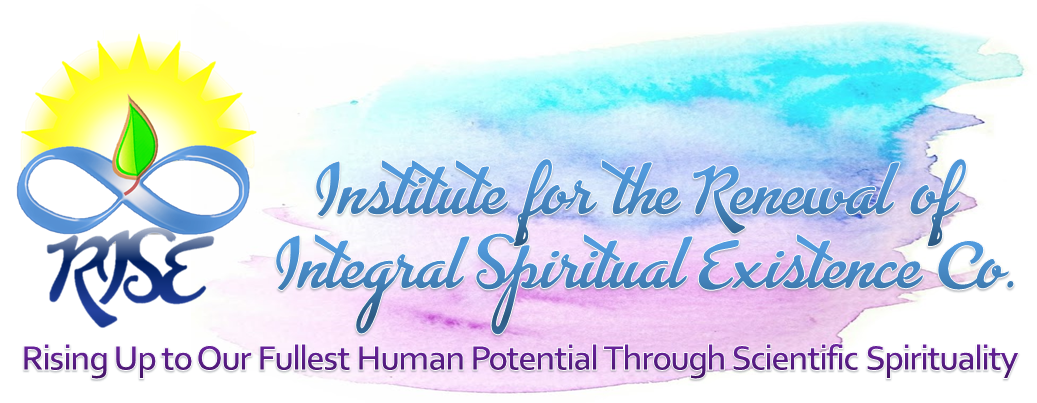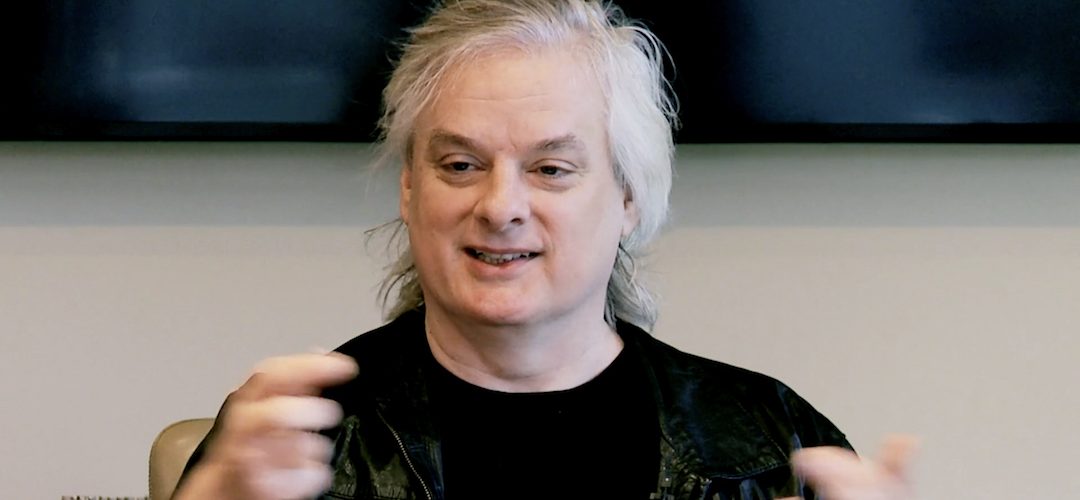In “The Language of Mind,” David Chalmers discusses the complexities of consciousness, particularly in relation to both human and AI systems. He distinguishes between the “hard problem” of consciousness—understanding how subjective experiences arise from neural processes—and the “meta-problem,” which examines why we perceive consciousness as a problem at all. Chalmers suggests that exploring human intuitions about consciousness can inform AI research, proposing that if AI systems develop self-models, they might express beliefs about their own consciousness. He emphasizes the need for a research program that investigates the mechanisms behind these intuitions, potentially bridging gaps in our understanding of both human and artificial minds. Ultimately, Chalmers advocates for a deeper inquiry into how consciousness is reported and understood, which may illuminate the nature of consciousness itself.
Editor’s Note: Chalmers’ perspective on consciousness, particularly regarding AI, raises critical questions about the nature of subjective experience and the limitations of equating complex responses with genuine awareness. While he posits that AI may express beliefs about its own consciousness, this view overlooks the essential distinction between simulating understanding and actually experiencing it. Theories such as embodied cognition suggest that consciousness arises not merely from neural processes but from our physical interactions with the world, highlighting that AI lacks the sensory and emotional experiences that inform human consciousness. As noted in research, AI systems like ChatGPT can mimic human-like responses but do not possess awareness or feelings; they react based on algorithms rather than genuine experiences of pain or joy.
This distinction is crucial: while an AI can articulate what pain “feels” like based on data, it does not truly know or experience pain as a sentient being does. Thus, attributing consciousness to AI without acknowledging these nuances risks oversimplifying a deeply complex phenomenon and may lead us to ethical quandaries about responsibility and rights that we are ill-prepared to address. [Also read Why Materialism Cannot Explain Consciousness, Rethinking Consciousness: Embracing a Holistic Paradigm Beyond Traditional Science, Roger Penrose: Consciousness Is Beyond Computable Physics, When does consciousness arise?].
Read Original Article
Read Online
Click the button below if you wish to read the article on the website where it was originally published.
Read Offline
Click the button below if you wish to read the article offline.





